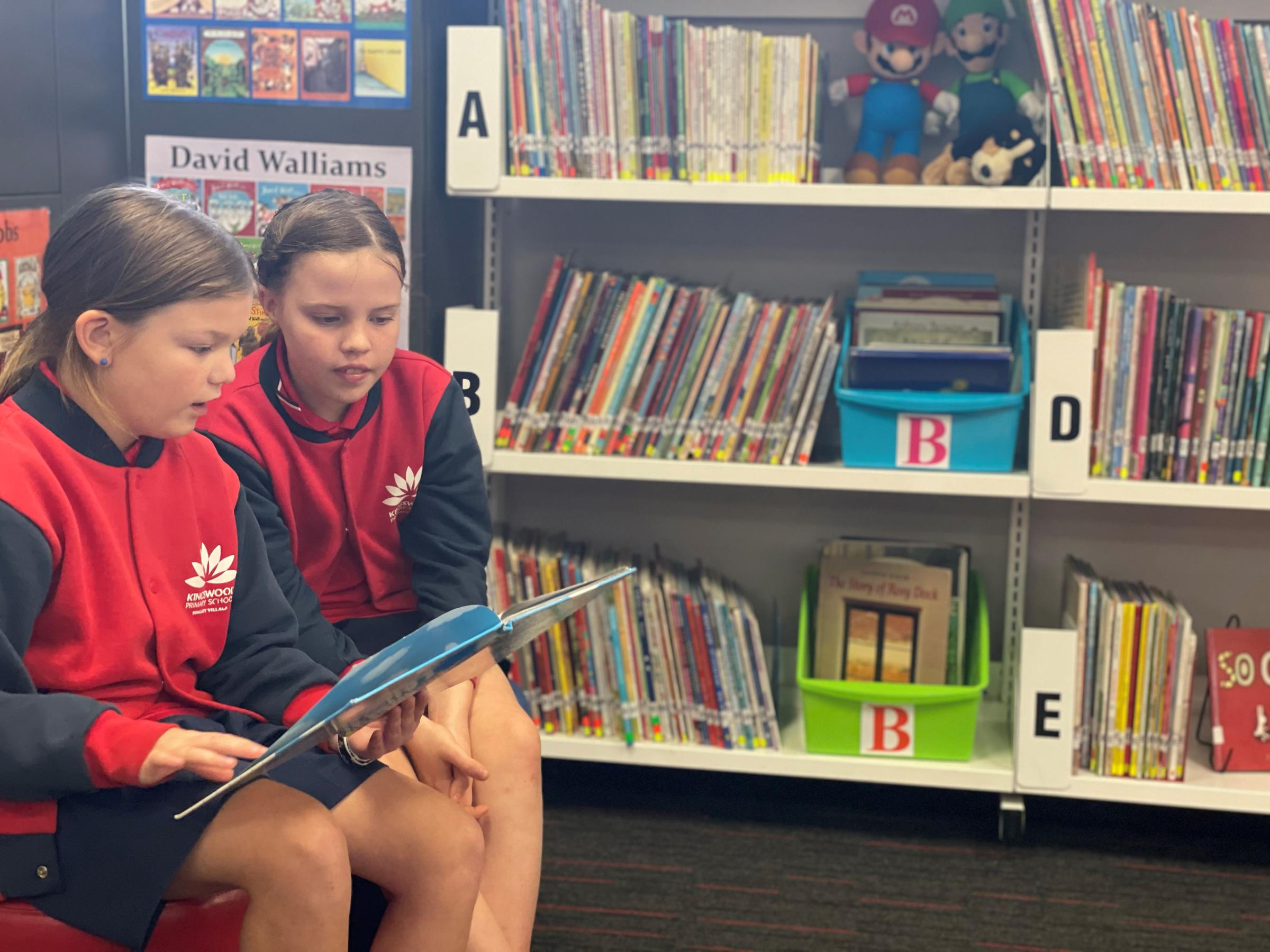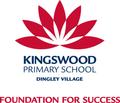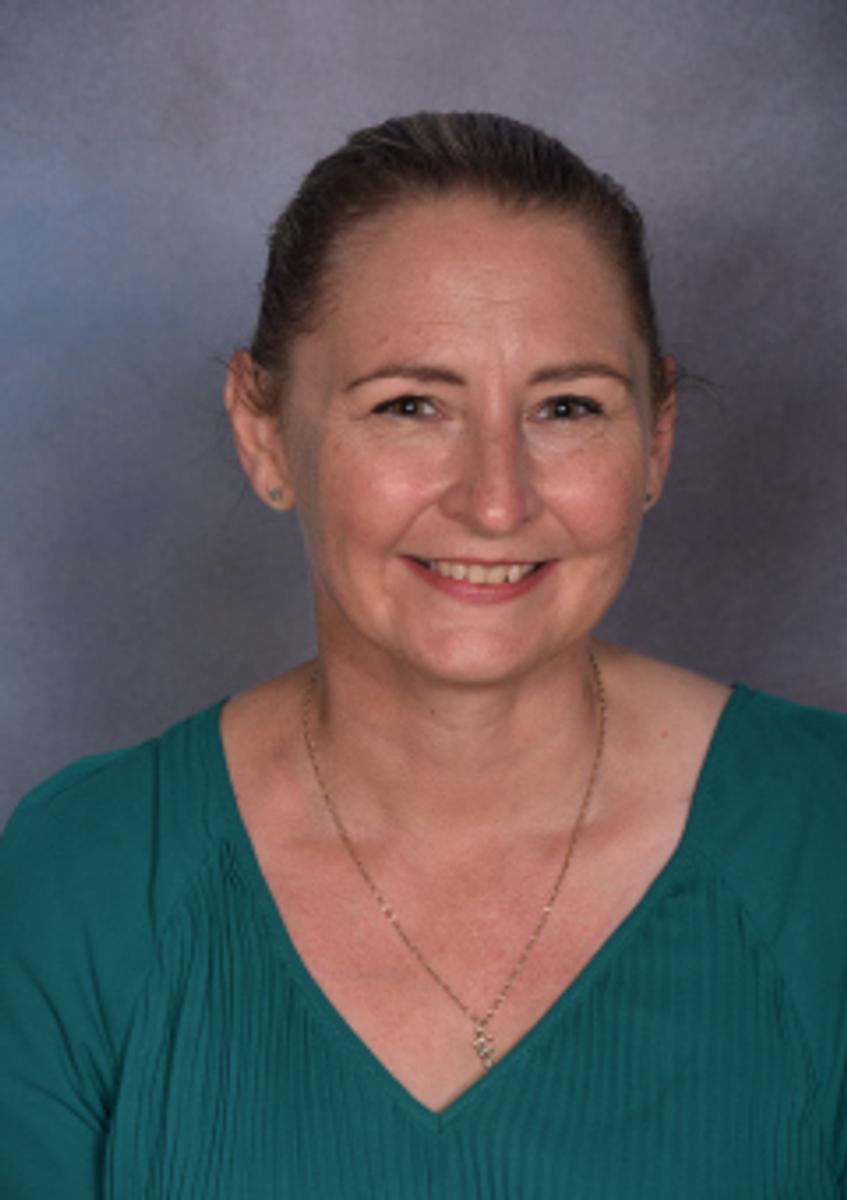Assistant Principal

Megan Franklyn
Assistant Principal
National Mental Health Month
Mental Health Month is celebrated each year in the month of October. During this month we are all encouraged to think about our mental health and wellbeing, regardless of whether we may have a lived experience of mental illness or not. It also gives us the opportunity to understand the importance of good mental health in our everyday lives and encourages help seeking behaviours when needed.
“Tune In to Mental Health Month and help create a world we can all Tune In to.”
'Tune In' to your senses – what can you sense right now? What can you feel?
'Tune In' to your communities – what’s happening that you can be part of, or that you can help others be part of?
'Tune In' to stigma – how do attitudes and understandings of mental health and wellbeing impact people’s ability to live the lives they want?
Source: https://mentalhealthmonth.wayahead.org.au/starterkit/
Dyslexia Awareness Month
The Australian Dyslexia Association (ADA) conservatively estimates that dyslexia affects 10 per cent of our population. In other English-speaking countries, the numbers are closer to 20 per cent.
Albert Einstein, Walt Disney and Leonardo da Vinci are some of the many famous people diagnosed with dyslexia. Others include Jamie Oliver, Richard Branson, Whoopi Goldberg and Steven Spielberg.
Dyslexia diagnosis
Dyslexia is described as a persistent challenge with acquiring and using written language and is often found to be hereditary.
It is most commonly diagnosed in school-age children and early childhood educators and primary school teachers are vital in providing early learning pathways for children.
ADA says that children with dyslexia learn in different ways. Many children living with dyslexia have been shown to have talented and productive minds.
Source: https://www.aeufederal.org.au/news-media/news/2021/october-dyslexia-awareness-month
Did you know?
- 50 per cent of people with dyslexia are left-handed, compared to 11 per cent of the rest of the population
- Studies have shown that people with dyslexia excel in areas such as creative thinking
- Scientists have found that the dyslexic brain is typically larger than non-dyslexic brains.
School Wide Positive Behaviours
Here at Kingswood Primary School we have our student code of conduct based on our student values which are:
Be Interdependent
Be Inspired
Be Leaders
Be Engaged
Be Curious
Our student code of conduct (available on the school website) sets out the principles, behaviours and strategies which we employ to create a safe learning environment, based on positive behaviour, mutual respect and cooperation, that meets the needs of all students at all levels of their primary school life.
This term we are starting the process of reviewing and clarifying our behaviour expectations, firstly with our staff. We held a staff meeting where all our teachers poured over a list of attitudes and behaviours and as individuals and then teams ranked those that they thought were most important for students to be successful at school. These results were then weighted according to the position in which teams ranked them and the top 5 were (in order of weighting): Resilient, Inclusive, Respectful, Empathy and Collaboration.
The next step is that we will be seeking feedback and input from both students and parents to turn these attitudes and behaviours into a matrix which can be applied across all areas of our school. This will involve student focus groups and parents will be invited to share, either by emailing me directly or through a Google Form which will be shared via Compass in the coming weeks. We are trying to consider how to make these words meaningful and understandable for students (kid friendly). They could be turned into short phrases and are there any undesired school behaviours that we can think of that are not covered by these 5 expectations?


